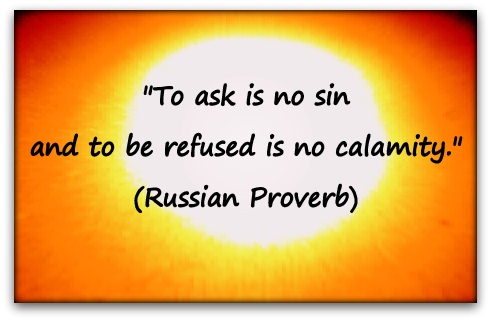The most popular quotes on Twitter in May 2018

The blog’s twitter account regularly shares quotes that are there to spark inspiration, provoke action and generally interest coaches. I haven’t done this for some time but here are the most popular quotes that the blogs twitter account tweeted during the month of May.
Tweet with the most interactions overall
“I am thankful for all of those who said NO to me. Its because of them I’m doing it myself.”
(Albert Einstein)
Tweet with the most RT’s
“Your present circumstances don’t determine where you can go; they merely determine where you start.”
(Nido Qubein)
Tweet with the most favourite stars
There were two quotes which both got exactly the same number of favourite stars:
“You never fail until you stop trying.”
(Albert Einstein)
And
“There is only one way to avoid criticism: do nothing, say nothing, and be “nothing.”
(Aristotle)
I know many coaches like quotes and we also generally love questions so in no particular order I thought I’d share some questions prompted by these quotes. You’re welcome to share your answers below if you so desire but I’d love for you to actually take any relevant action that occurs to you from answering!
![]() If it didn’t matter if someone said “no” what would you ask and from who?
If it didn’t matter if someone said “no” what would you ask and from who?
![]() If you were looking for questions and requests for a project you’re working on that got no’s instead of yes – what would those questions and requests be?
If you were looking for questions and requests for a project you’re working on that got no’s instead of yes – what would those questions and requests be?
(A “no” as an answer is a perfectly valid response, the key is respecting that as the answer)
![]() If this is the starting point, what’s the very first step?
If this is the starting point, what’s the very first step?
![]() What if you haven’t failed, you just have yet to find the solution?
What if you haven’t failed, you just have yet to find the solution?
![]() What if it was OK to “fail”? What would you be doing?
What if it was OK to “fail”? What would you be doing?
![]() When will you know it’s time to stop?
When will you know it’s time to stop?
![]() What would happen if you did “nothing”?
What would happen if you did “nothing”?
![]() If no-one cared what you did, what would you be doing?
If no-one cared what you did, what would you be doing?
These are just a few of the questions that occurred to me about these quotes
![]() What questions and thoughts do these quotes prompt for you?
What questions and thoughts do these quotes prompt for you?

I know that there are various aspects that can influence if a quote attracts your attention – if you saw the tweet, personal style, if it speaks to something happening in your life at that moment, if you feel it’s something that will resonate with your own followers. Many thanks if you’ve taken the time to RT, clicked favourite, and generally interacted with the quotes on the twitter feed.

(For those of you as geeky as I am and wondering what tool I’m using to measure individual RT’s this week I’ve been playing with www.twitonomy.com and Twitters own analytics system)
P.S. Wondering how to use quotes in your coaching? Back in 2012 I wrote a couple of posts around using quotes in coaching, Do you use quotes in your coaching? and a follow up one answering a readers question Using quotes in coaching – remembering them in the first place.
About Jen Waller
 Jen Waller is on a mission to support, nurture and encourage coaching skills and talents from non-coach to coach and beyond.
Jen Waller is on a mission to support, nurture and encourage coaching skills and talents from non-coach to coach and beyond.
As an experienced coach and trainer Jen is happy to utilise all skills at her disposal to assist clients from getting out of their own way and making a difference in the world with their coaching. One of the aspects of her role Jen loves the most is seeing individuals find their voice, grow their confidence and take the next steps so that they make a massive positive impact and difference with their coaching.
In her spare time Jen is a volunteer for the UK based charity The Cinnamon Trust who support elderly and terminally ill pet owners provide care for their pets. As a volunteer, Jen regularly walks dogs for owners who physically often find that more challenging then they once did. As a pet owner herself, Jen finds it really rewarding to be able to assist an owner stay with an animal that has become part of the family. (Plus it’s a great aditional motivator when working from home to get out and get some fresh air and exercise)
Jen also loves theatre and has been known to watch certain popular science fiction films and TV shows!
